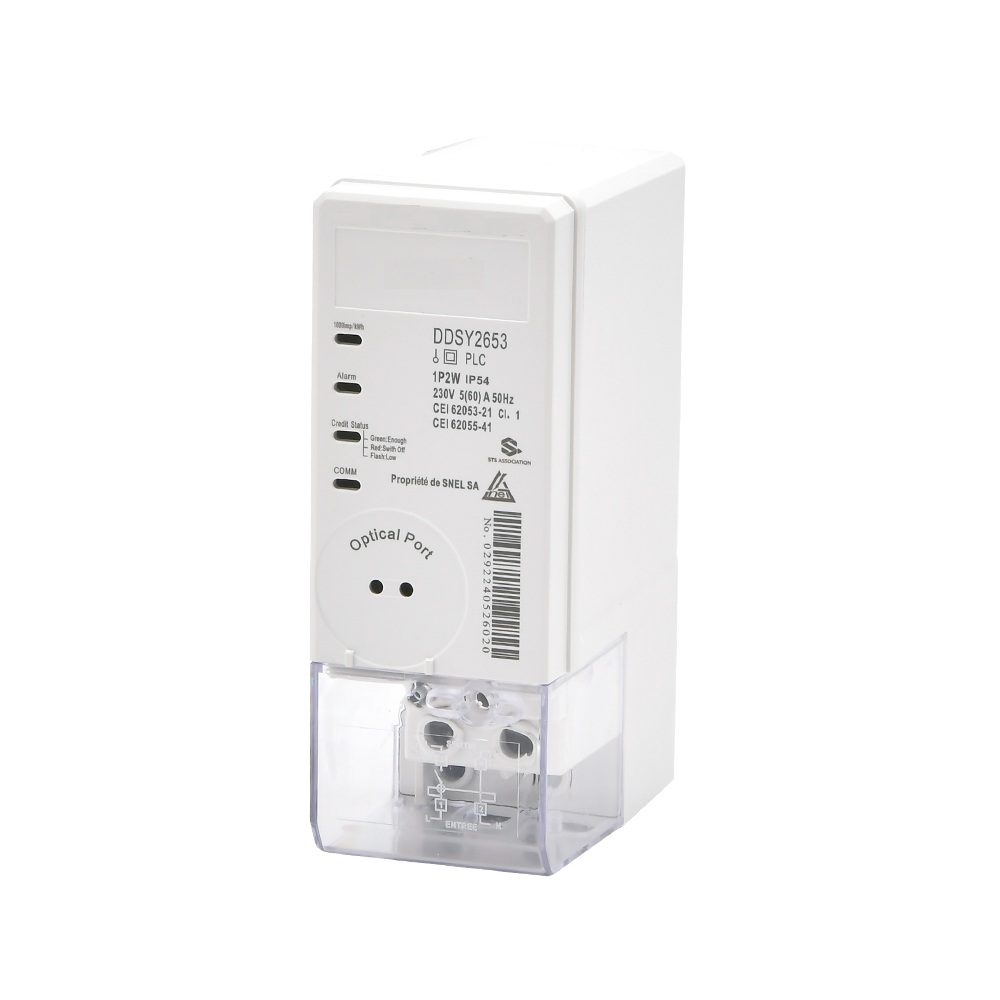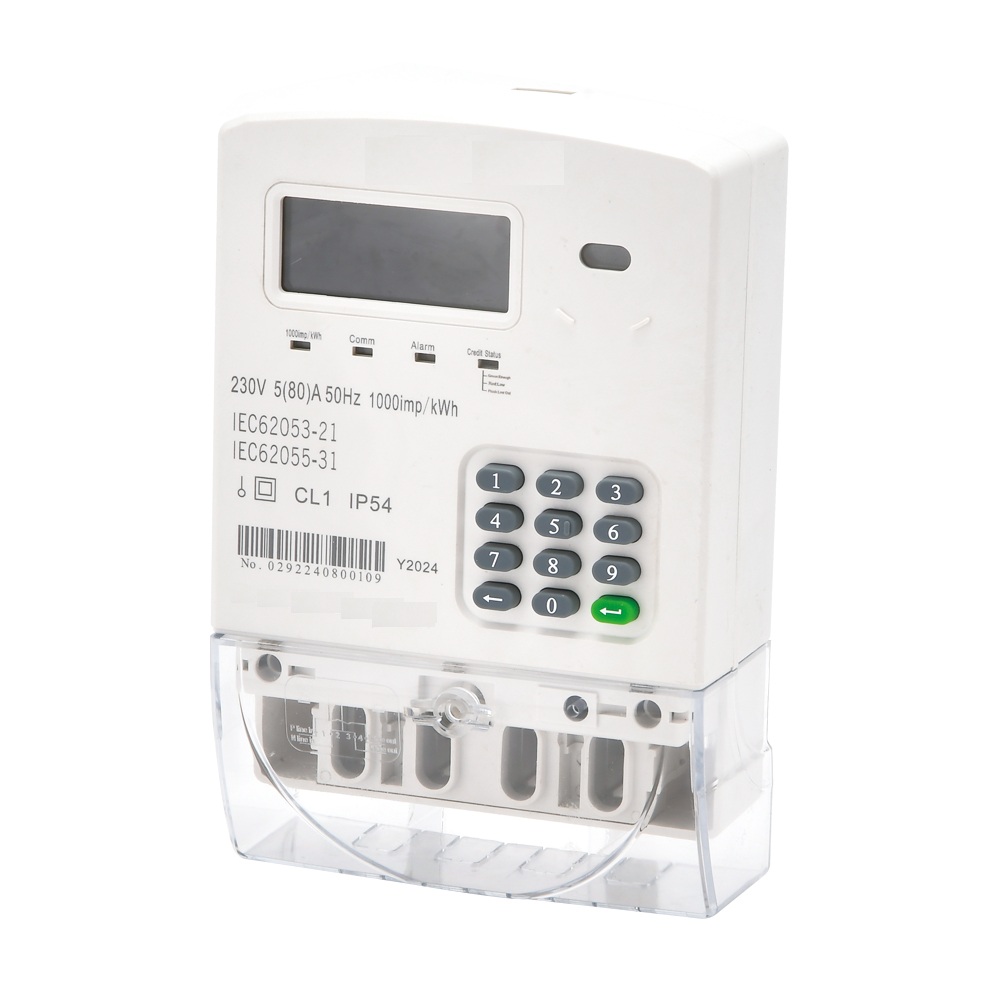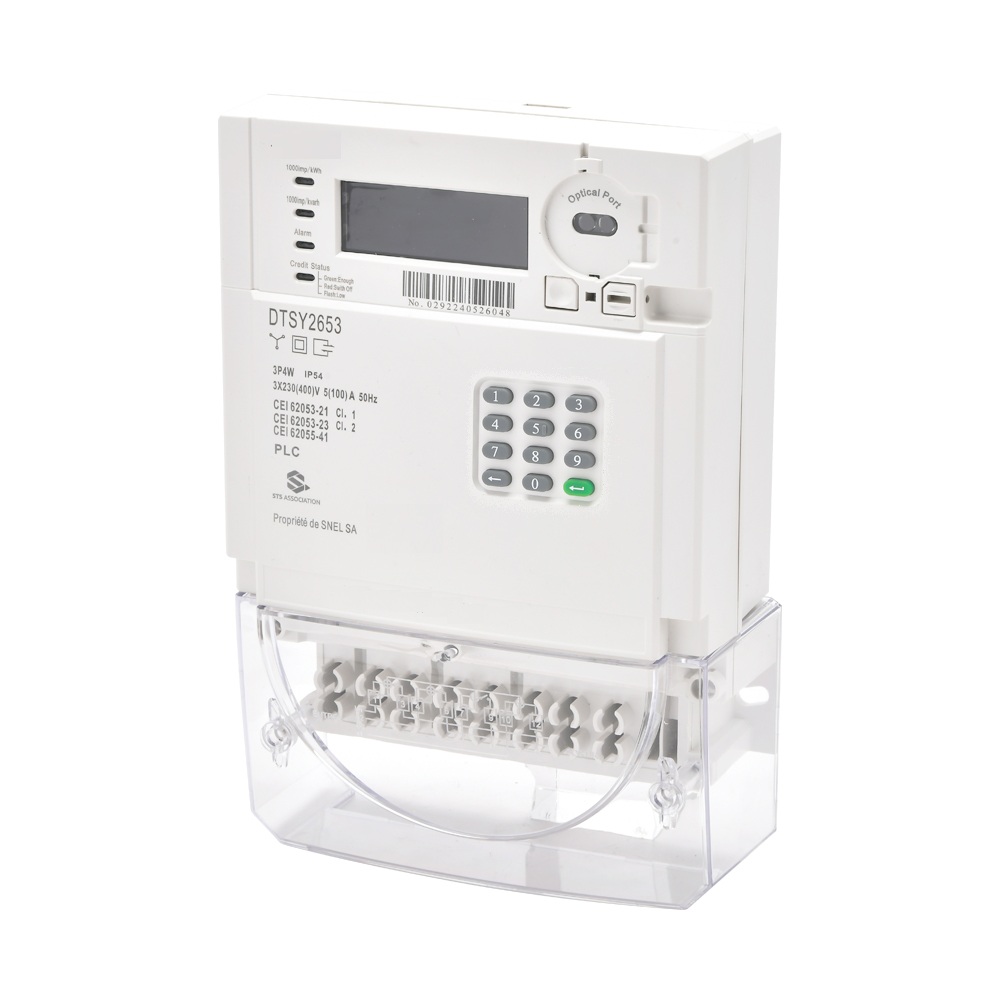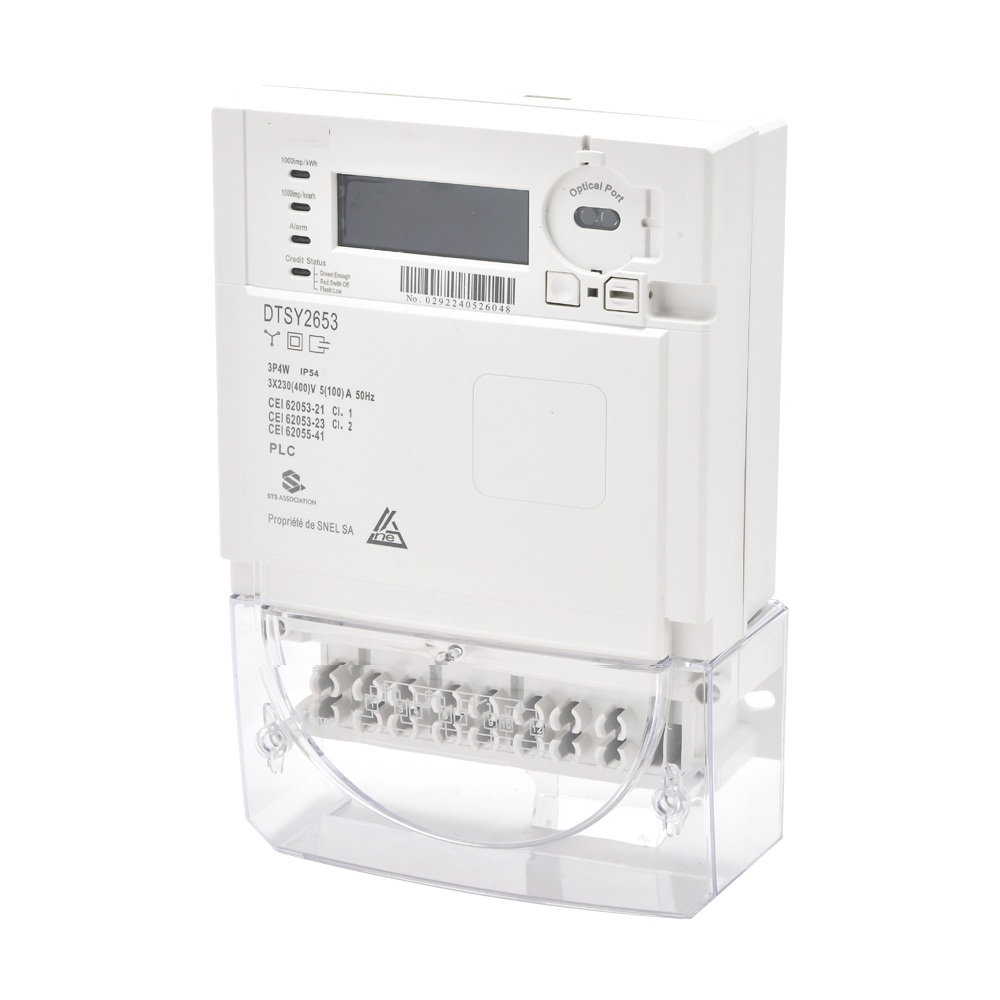How to choose a three-phase electricity meter?
Publish Time: Author: Site Editor Visit: 646
1、 Accuracy level
Accuracy is one of the important indicators of an electric meter, which determines the accuracy of measurement. The appropriate accuracy level should be selected according to actual needs. Usually, industrial electricity requires high precision to ensure energy efficiency and fair billing; Commercial and residential electricity can choose moderate precision levels to balance cost and accuracy.
2、 Range of measurement
Different models of electric meters have different range ranges, and choosing the appropriate range can ensure that the measured electrical energy is more accurate and reliable. When choosing, it is important to ensure that the range of the electricity meter can cover the actual electricity demand, neither too large nor too small. An excessively large range may result in inaccurate measurements, while an excessively small range may damage the meter due to overload.
3、 Functional requirements
Modern three-phase electricity meters not only have the function of measuring electrical energy, but also have various expansion functions, such as signal output interfaces, communication interfaces, etc. When choosing, one should consider whether these additional features are needed based on actual needs. For example, users who require remote meter reading or monitoring functions can choose an electricity meter with a communication module; Users who require prepaid management functions can choose remote cost controlled smart meters with trip functions.
4、 Usage environment
The usage environment of the electricity meter is also an important factor in the selection. For high voltage and low voltage metering, corresponding specifications of electricity meters should be selected. High voltage meters are typically used for industrial electricity, while low-voltage meters are suitable for commercial and residential electricity. In addition, factors such as space limitations, installation methods, and protection levels of the electricity meter should also be considered.
5、 Brand and Quality
Three phase electricity meters from well-known brands have better quality and after-sales service guarantees. Choosing a well-known brand can reduce the hassle of use and maintenance, and lower the economic losses caused by meter malfunctions. At the same time, it should be checked whether the electricity meter has been certified by relevant national certification agencies, such as CPA certification, to ensure that it meets national standards and user needs.
6、 Other considerations
Current parameters: It is very important to choose the appropriate current specification based on the size of the load current. It is necessary to ensure that the current specification of the electricity meter is greater than the load current and leaves a certain margin.
Scalability and compatibility: Considering potential future functional expansion needs, it is crucial to choose a smart three-phase meter with good scalability. Meanwhile, choosing smart meters compatible with existing power management systems can ensure seamless data integration and stable system operation.
After sales service: Understand the brand's after-sales service policy, including warranty period, repair service, technical support, and other aspects. Choosing products with longer warranty periods and comprehensive after-sales service can provide better protection during use.
In summary, when choosing a three-phase electricity meter, comprehensive consideration should be given to accuracy level, range, functional requirements, usage environment, brand and quality, as well as other relevant factors. By comprehensively understanding and comparing different brands and models of electricity meters, one can choose the high-quality three-phase electricity meter that best suits their own needs.



